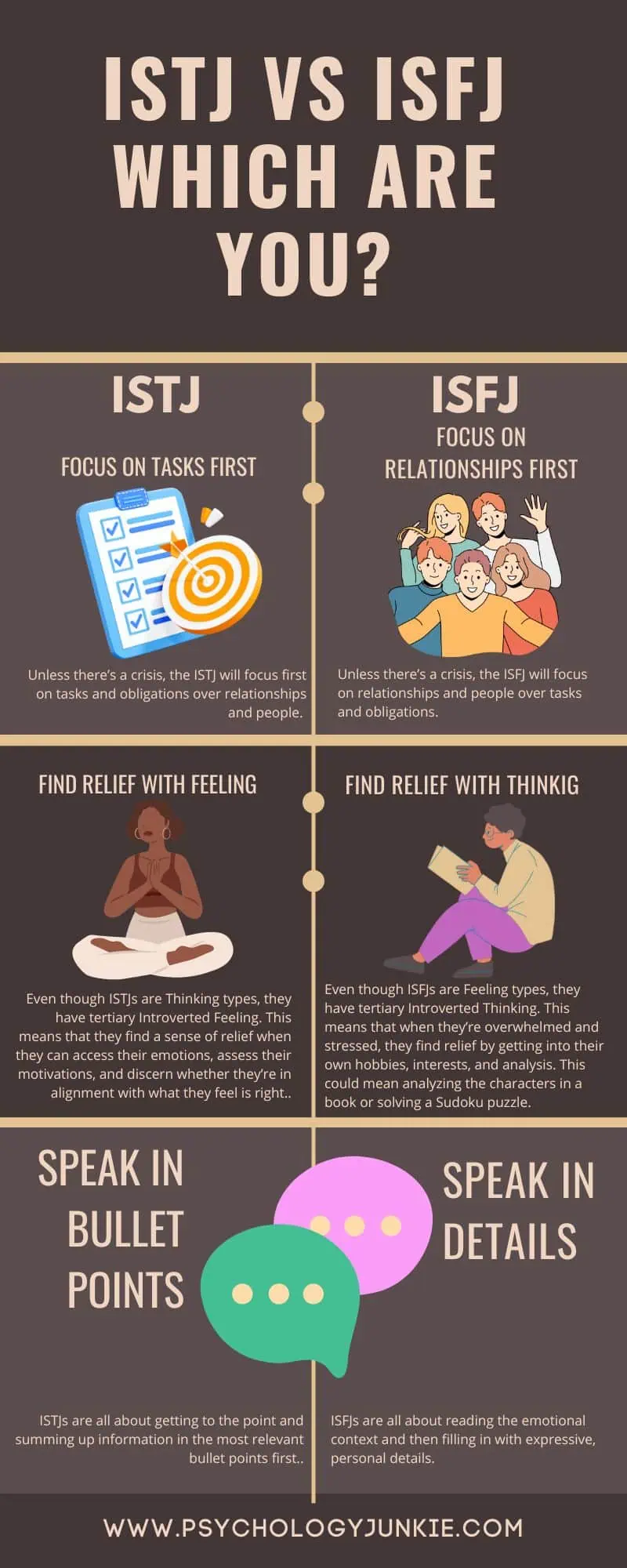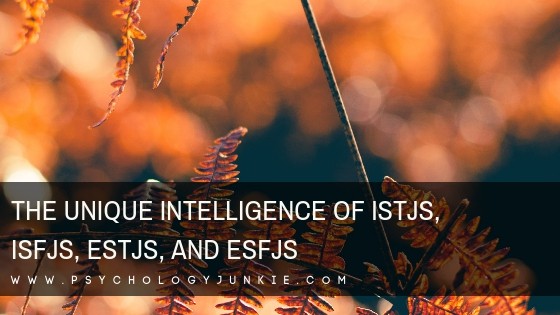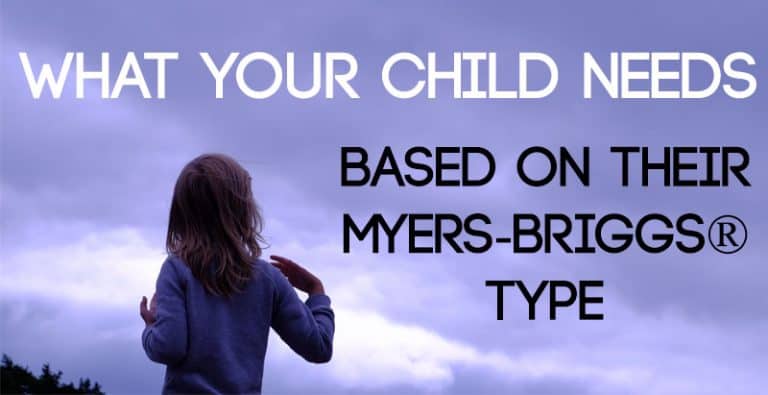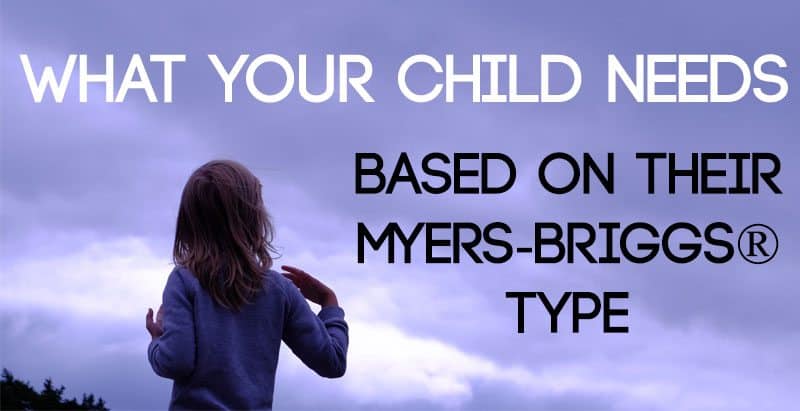ISTJ vs ISFJ: Which One Are You?
Ever feel like you’re constantly torn between being the reliable rock everyone depends on and the efficient machine that gets things done? Welcome to the ISFJ vs. ISTJ dilemma—the personality showdown between the nurturing guardian and the pragmatic enforcer.
Which One Are You?
If an ISFJ and an ISTJ were stranded on a deserted island, the ISTJ would be constructing a watertight shelter out of palm fronds with an emergency exit plan, while the ISFJ would be making sure everyone was fed, hydrated, and emotionally stable. One is focused on survival logistics, the other on survival morale.

So, which one are you? Let’s break it down.
Not sure what your personality type is? Take our new personality questionnaire here. Or you can take the official MBTI® here.

1. ISFJs Are Relationship-Focused. ISTJs Are Task-Focused.
Both types are dependable, hardworking, and organized, but their focus is different.
An ISFJ is scanning the room, making sure everyone’s needs are met. Is someone uncomfortable? Do they feel left out? Does Grandma need an extra cushion on her chair? That’s where their mind is.
An ISTJ, on the other hand, is ensuring that the event starts on time, the logistics are airtight, and everything runs as planned. They’re not ignoring people’s needs, but their brain is wired for efficiency first, emotions second. If someone is upset, they’re more likely to fix the cause of the problem (logistical failure) rather than provide emotional support.
Quick Test:
- Do you instinctively check in on how people feel? (ISFJ)
- Do you instinctively check in on whether things are being done? (ISTJ)
2. ISFJs Are Extraverted Feelers (Fe). ISTJs Are Extraverted Thinkers (Te).
This is where things start getting spicy.
ISFJs’ auxiliary function, Extraverted Feeling (Fe), makes them highly attuned to social harmony and the emotional climate of a group. If there’s tension in the air, an ISFJ will pick up on it faster than a dog senses a thunderstorm. They instinctively adjust their behavior to maintain harmony, sometimes at the cost of their own needs.
ISTJs, with Extraverted Thinking (Te) as their auxiliary function, are far more concerned with logic, structure, and external efficiency. They are the kings and queens of “Does this work?” and “Is this productive?” They don’t sugarcoat—they deliver direct, bullet-point solutions whether or not it soothes anyone’s feelings.
Quick Test:
- Do you adjust your approach based on social harmony? (ISFJ)
- Do you adjust your approach based on what gets things done? (ISTJ)
3. ISFJs Express Their Feelings to Understand Them. ISTJs Internalize Their Feelings to Understand Them.
ISFJs talk out their emotions, trying to put words to their inner experience. If they’re upset, they might say, “I don’t know, I just feel… off.” They’re externally processing, hoping someone will help them define what they’re feeling.
ISTJs? They go silent. If something is bothering them, they’re more likely to stew over it internally, figuring it out before sharing (if they share at all). Their Introverted Feeling (Fi) tertiary function means they don’t naturally process emotions out loud—they keep them locked up, occasionally surfacing like a pressure valve hissing steam.
Quick Test:
- Do you talk about feelings to process them? (ISFJ)
- Do you need alone time to understand what you feel? (ISTJ)
4. ISTJs Feel Emotions More Intensely Alone. ISFJs Feel Emotions More Intensely with Others.
Ever noticed how some people seem relatively chill until they’re alone, and then suddenly, their emotions hit like a tidal wave? That’s ISTJs. They’re controlled in public but might have a deep emotional storm brewing under the surface when they’re alone.
ISFJs, on the other hand, feel emotions the strongest in group settings. If someone is crying, they might start tearing up too. If everyone is happy, their mood lifts. Their Fe makes them emotional sponges, absorbing whatever’s in the air.
Quick Test:
- Do you experience emotions most intensely when alone? (ISTJ)
- Do you experience emotions most intensely when with others? (ISFJ)
5. ISFJs Adapt to Social Cues. ISTJs Adapt to External Demands and Goals.
ISFJs walk into a room and adjust their behavior based on the social atmosphere. If everyone’s formal, they become more formal. If the vibe is laid-back, they relax too. They’re adaptable because Fe keeps them in tune with the group’s energy.
ISTJs, however, adapt to the demands of a situation, not the mood. If the situation requires professionalism, they act professional. If the goal demands efficiency, they cut the fluff and get to work. They’re not reading the social temperature; they’re reading the “what needs to be done” temperature.
Quick Test:
- Do you adjust your behavior based on social cues? (ISFJ)
- Do you adjust your behavior based on practical demands? (ISTJ)
6. ISTJs Care About the Outcome. ISFJs Care About the Process.
Both types want things done well, but the ISTJ’s focus is results-oriented. They care less about how something is achieved, as long as it works. If there’s a faster way to complete a project, great—efficiency wins.
ISFJs, however, care deeply about how something is done. If a process is too rushed and people feel ignored or disrespected, it’s a problem. They believe that the journey matters as much as the destination.
Quick Test:
- Do you prioritize efficiency over process? (ISTJ)
- Do you prioritize how something is done, even if it takes longer? (ISFJ)
7. ISTJs Speak in Bullet Points. ISFJs Speak in Stories.
An ISTJ explaining what happened:
🔹 “Car broke down. Called a tow. Got it fixed.”
An ISFJ explaining what happened:
📖 “So I was driving to the store when suddenly, the car started making this awful noise! It sounded like a dying robot. I pulled over and—ugh, it was such a hassle—had to call a tow truck, and the guy was nice but kind of weird, and anyway, I finally got it fixed!”
ISTJs cut straight to the point. ISFJs add the experience of what happened. Neither is wrong—it’s just a difference in communication style.
Quick Test:
- Do you tend to speak in short, direct sentences? (ISTJ)
- Do you tend to elaborate with context and details? (ISFJ)
The Verdict: Are You an ISFJ or an ISTJ?
If you read this and thought:
✔️ “I definitely prioritize people’s feelings and social harmony.” → You’re likely an ISFJ.
✔️ “I definitely prioritize efficiency, logic, and getting things done.” → You’re likely an ISTJ.
Still unsure? Ask yourself:
- Do I naturally scan for emotions first or logic first?
- Do I process emotions out loud or privately?
- Do I focus on the journey (ISFJ) or the outcome (ISTJ)?
Remember: neither type is better or worse—they just operate differently. The world needs both the steadfast, meticulous ISTJs and the warm, attentive ISFJs.
So, which one are you? Let me know in the comments!


















